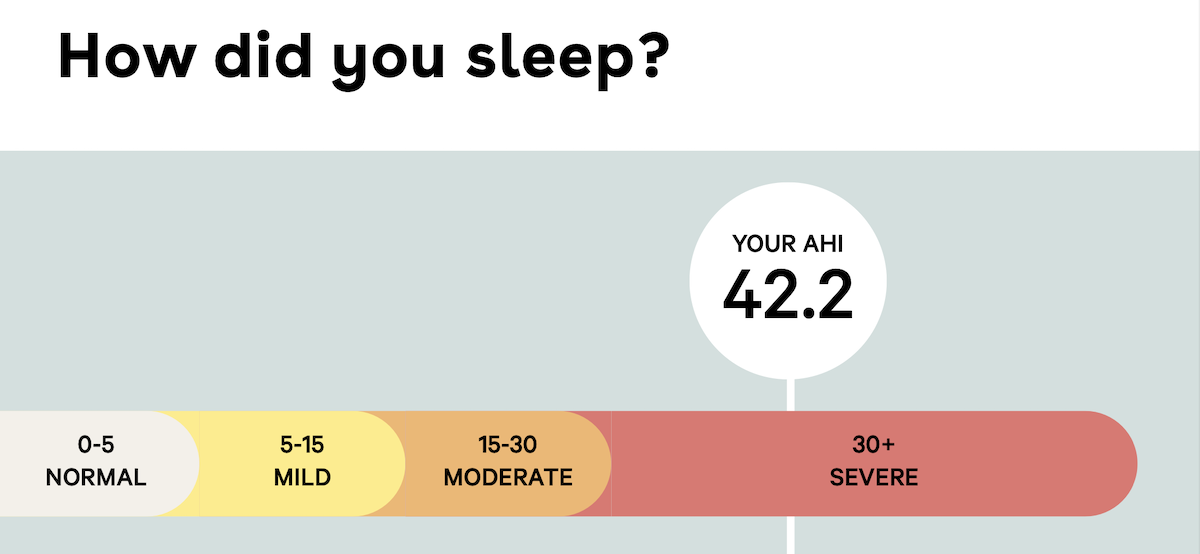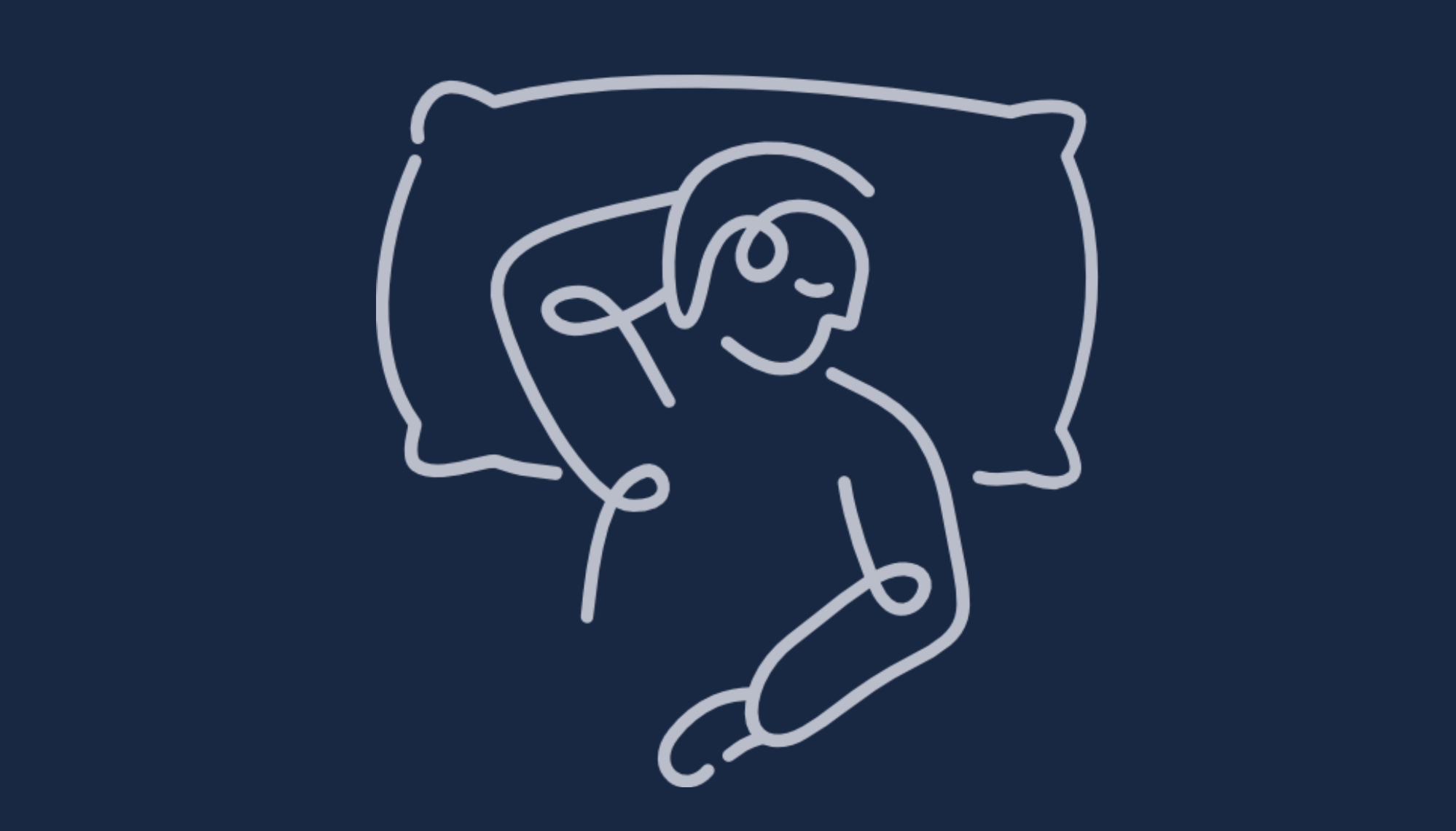Are you so freakin’ tired all the time? Me too.
Or at least I was, until I went on a lil’ journey through insomnia-land and came out the other side with a few tools that really work for me.
The journey to get to sleep
- Talk to your doctor about your symptoms.
- Get a sleep test.
- Buy a CPAP.
- Add micronutrients.
- Get outside for 10 minutes.
If you feel so exhausted you can barely function, you are not alone. Thousands of people every day are searching for ways to get ahead of their exhaustion and figure it out for good. According to the CDC, 1 in 3 Americans do not get enough sleep.
The day I told my boss, at 1pm, “I just need like… an hour.. to close my eyes.. then I can get you the copy”, I was too tired to see the look of utter confusion on his face.
Three hours later I woke up and asked for an extension. In our next 1 on 1, he said point-blank, “there is something seriously wrong if you can’t get through the workday without sleeping. I support you in finding out.”
That small entry led to an honest conversation about CPAPs, fatigue, getting older, stress, and depression. I walked away feeling empowered instead of feeling caught. I also felt a sense of urgency: I needed to figure this out, now.
Sleep deficit compounds until you’re totally spent
Years of interrupted sleep from apnea, insomnia, or stress, can add up and start to take a toll on your body. Over time, people with high sleep deficit could experience compounding effects on loss of focus, poor memory, and verbal stumbles (called “disfluency“).
It was a struggle to get through a day without a nap, often lasting 2+ hours. This wasn’t regular tired. It was zombie-land. I’d wake up after a full night’s sleep and still feel like I hadn’t rested. I was super motivated! And too depleted to do anything about it.
I blamed stress. I blamed hormones. I blamed myself (called maladaptive measures).
It turns out the real issues were:
- Undiagnosed sleep apnea
- Low micronutrient levels
- A slow-creeping depression I’d normalized
No amount of napping or rain sounds was going to fix this.
Stressing about it is clinically proven to make it worse
According to a 2017 study of over 4000 participants by several researchers in the Journal of Anxiety Disorders:
“Many cognitive models of anxiety postulate that some individuals, more than others, are vulnerable to anxiety because they develop cognitive vulnerabilities comprised of maladaptive negative cognitive styles or beliefs.
These cognitive vulnerabilities presumably increase the probability that these individuals develop anxiety symptoms or disorders in response to stressful life events.
The more we stress about the events going on in our lives, the less capable we are of handling them. As I slept less and less, I found it harder and harder to find the energy to get ahead of it. Even though I had the full support of my supervisor, I started telling myself stories that started with, if I don’t figure this out soon…
Figuring it out: Snoring is strongly linked to apnea
I started snoring in college and it’s slowly gotten worse over the years. I knew I was likely apnic, but wasn’t sure how bad. The snoring is annoying, but least I’m breathing, right?
…right?
Get a sleep test
A sleep test will give you an overall score, called a Respiratory Distress Index. Calculate it by adding the number of apnea, hypopnea, and Respiratory Effort-Related Arousals (RERAs) per hour of sleep. The test I took also gave data on snoring, oxygen saturation, true sleep time, and sleep stages:

I decided to try a new health-tech company that sells CPAP devices online. The first step is to get a sleep test, as you can’t get a CPAP without a prescription. So I ordered their online kit and paid for expedited shipping.
Two days later, I was setting up an app, finger pulse oximeter, and pads to get my sleep score. In the morning, I submitted the sleep data to the app and received my report a few hours later.
The report is detailed in explaining the key metrics that show how little oxygen I was getting throughout the night: Over 250 events throughout the night meant that was waking up on average more than 40 times in an hour:

So basically no, I wasn’t sleeping at all. This kind of fatigue is very sneaky: You go to bed, you wake up. But your mind and body have not rested.
Buy the CPAP
With a prescription for a device, I did a little research on Reddit and ended up buying a popular, reliable model.
After wearing it for two years, I absolutely cannot sleep without it. I also receive a sleep score that helps me understand how I’m sleeping each night relative to the night before.
Add micronutrients
The typical American diet does not contain enough micronutrients to fulfill our daily needs. As we’ve moved toward eating mostly grains and meats instead of mostly vegetables, there has been an implication for our guts:
Michael Pollan says, “there are a host of critical micronutrients that are harder to get from a diet of refined seeds than from a diet of leaves.”
Daily, I take iron and vitamin D in the morning. Sometimes, I take magnesium at night, and a multivitamin, but not every day.
I tried to give blood in high school and was told I did not have enough iron content to participate. Then I never thought about it again until recently, when I learned that iron is a key nutrient that many women are missing. Even though I am a meat eater, and meat is a nutritionally complete food, I was not getting enough iron. Then my doctor recommended adding vitamin D, which I hadn’t thought of.
Since adding that combination to my daily morning routine, I have felt more energized in the afternoons to the point where I can sail through without even thinking of a nap. Now I nap for fun every once in a while, instead of compulsively.
Sunshine is literal energy
I am lucky to live in a place with lots of sunshine and access to the outdoors. The breeze through the aspen leaves, a nap in the sun, and actually touching grass has been shown to regulate and relax our nervous system.
Every day, I make a point to go outside, get a little sun on my face, and take a deep breath. I know how exhausting it feels to have someone tell you you need to walk or exercise or meditate or whatever. This is not that. I mean just open the door, walk outside, salute the sun, and that can be enough.
More support on your sleep journey
I’ve always valued exercise, meditation, morning and bedtime routines, blackout curtains, stress reduction, oils, noises, eye pillows, and whatever other method that helps me drift off and stay off. But it wasn’t until I added micronutrients and oxygen, that I was able to get through the night in order to get through the (whole) day.
It can be overwhelming to head to bed and not be sure how you’ll feel in the morning, especially when it can affect everything else. Hopefully you feel a little more confident to take the next step in figuring out a successful snoozing strategy.
